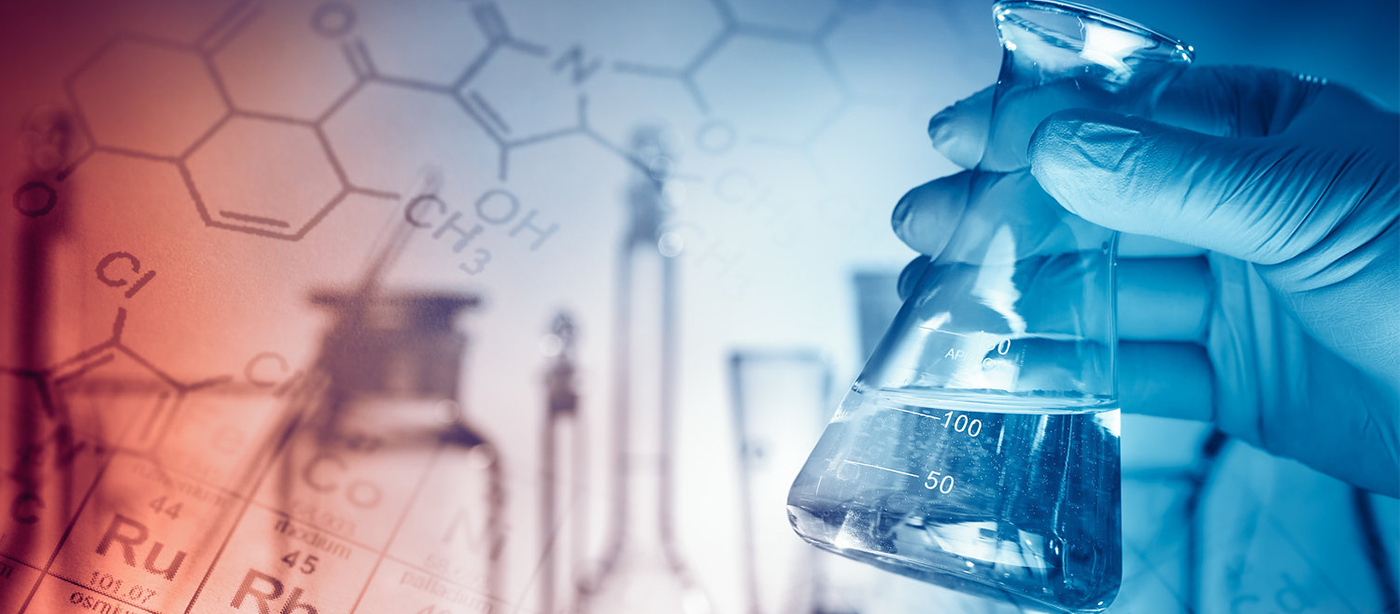One of the essential steps in the manufacture of a natural cosmetic product is that of its conservation. A cosmetic cannot protect itself against aging on its own and deteriorates from an organoleptic point of view. In other words: it loses sensoriality; the smell can “turn”, the texture and the color change… This natural degradation of the product can even prove to be dangerous in certain cases. How to store your products? What is a preservative? What is it used for in cosmetics?
Why use preservatives?
To prevent the development of microorganisms – such as bacteria and fungi – in cosmetic products, the addition of a preservative is necessary. The law requires all cosmetics placed on the market to be able to protect themselves from aging but also from external microbial contamination, which is why no product is ready to be consumed without preservatives.
In what types of cosmetics should they be used?
As no cosmetic is immune to aging, preservatives can be used in all types of cosmetics. However, they are more common in cosmetics that contain a high percentage of water (>5%), as bacteria and fungi thrive in water.
They are also recommended in anhydrous products (without water) but which are in frequent contact with water (solid shampoos, scrubs..).
How to choose the right preservatives?
The choice of preservative is made according to the galenic developed, i.e. the type of product: cream, water, oil… It also depends on the pH of the environment, the manufacturing process or even the clientele. targeted.
Why are preservatives condemned in the cosmetics industry?
For several years, preservatives have been persona non grata on the list of cosmetic ingredients. This is mainly due to the publication of scientific studies showing the harmful effects of certain preservatives. Among the most decried preservatives are parabens (BUTYL PARABEN, ETHYL PARABEN, METHYL PARABEN, PROPYL PARABEN), PHENOXYETHANOL, recognized as endocrine disruptors at high doses in cosmetic products.
At Prodigia, we only use natural preservatives recognized by the certification body COSMOS, whose origin and scientific studies guarantee their harmlessness on health.
Are there any natural preservatives?
Which preservatives are authorized in organic cosmetics? There are “nature-identical” preservatives, i.e. preservatives that exist in nature but which are difficult to extract in sufficient quantities.
Of the 59 preservatives listed, five are authorized in organic cosmetics:
Benzoic acid and its salts,
benzyl alcohol,
Salicylic acid and its salts,
Sorbic acid and its salts,
Dehydroacetic acid and its salts.
At Prodigia, our know-how does not stop at the supply of high quality natural raw materials, we also offer the manufacture of tailor-made cosmetic products. In order to comply with current good manufacturing practices, Prodigia is committed to selecting the best natural preservatives for you. The premium quality of our own products is ensured thanks to this same rigorous process of selecting raw materials in the laboratory. Need help ? Contact us!



